By 1932, with the U.S. in the midst of the Great Depression, Bernard Baruch considered the election of a Democrat to the White House inevitable.
Once Roosevelt was nominated, Baruch was eager to work with him, but Roosevelt did not invite him into his inner circle of advisors.
To the general public, Baruch was the epitome of the damned - a New York man, a Wall Street operator...Wilson had dared flout public opinion with Baruch, but not Roosevelt at the very moment when Wall Street had just been tried and found guilty of the greatest depression in history.
Margaret Coit, Mr. Baruch
Franklin D. Roosevelt was elected by a landslide in 1933 on the promise of a “New Deal” for the American people that would address the ruinous effects of the Great Depression. In this clip he gives his inaugural address.
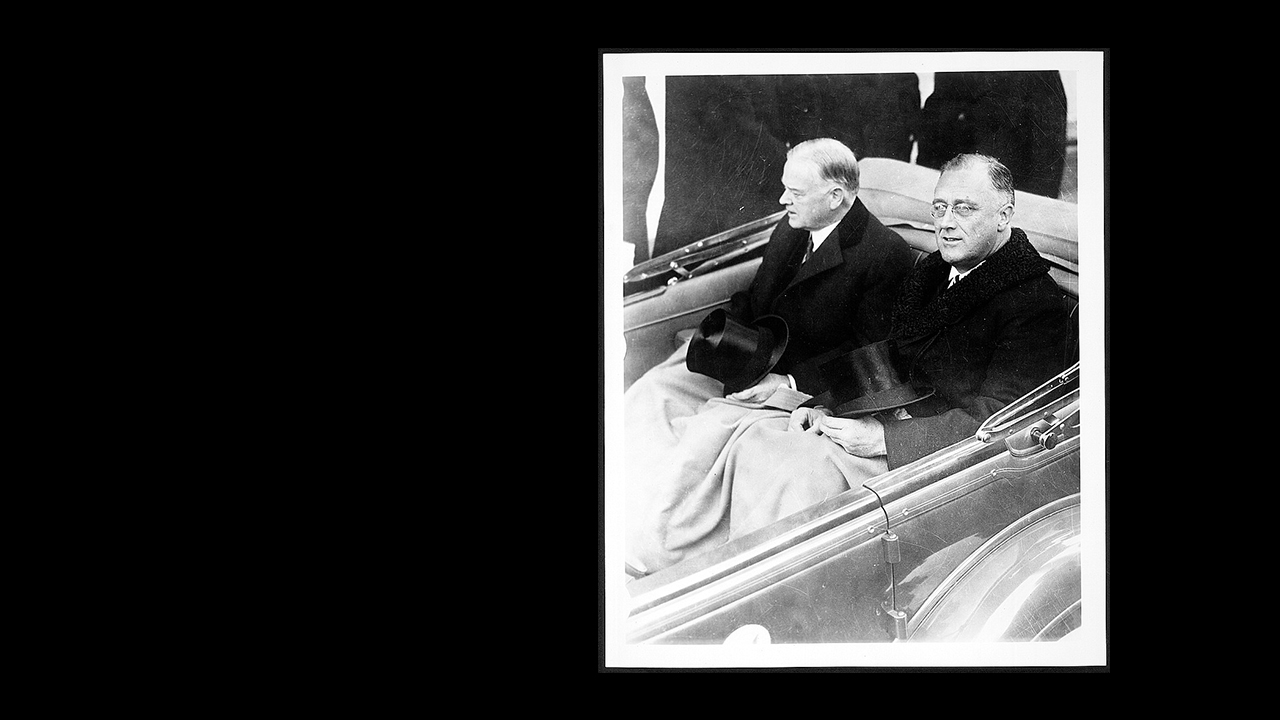
Baruch did not wholly embrace the New Deal, believing it gave the government too much control over people’s lives:
To extreme New Dealers, government seemed to be a great mother to whom we could run whenever we were in trouble, who would wipe our tears, calm our fears, keep us from harm, and tell us to go off and play when we were in trouble. But this is not the role of government in a democracy. The thing that bothered me the most about certain aspects of the New Deal was its tendency to dampen initiative and incentive in our people.
Bernard M. Baruch, The Public Years
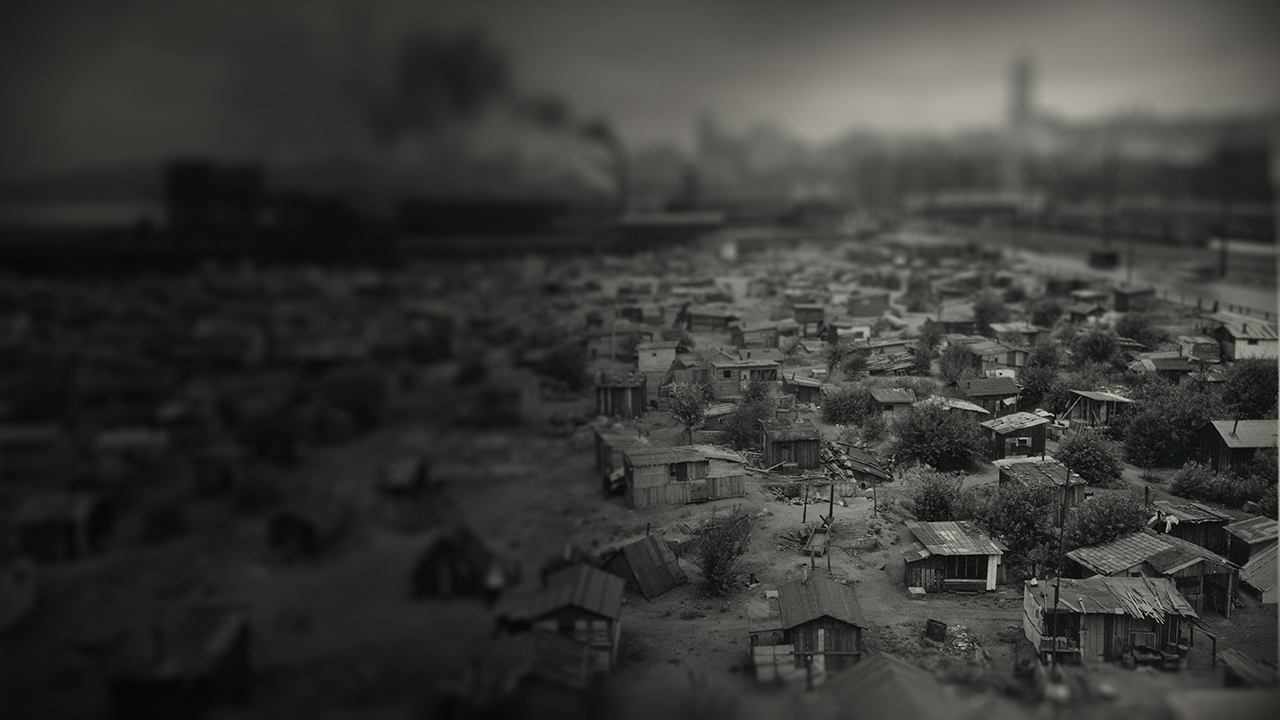
Despite his philosophical differences with New Deal policies, Bernard Baruch assisted with the development of the National Recovery Administration, or NRA, which set minimum wages, maximum hours and a price floor.
Baruch was particularly interested in the NRA because of its similarity to the War Industries Board, which he had led during WWI. "Even the idea for an NRA insignia - the famous Blue Eagle - was taken from WIB," he said in his memoir.
Baruch did not retreat from his role as a Washington insider. He enjoyed being useful to the president as a financial adviser, and as a person who had some influence, especially with Southern senators.
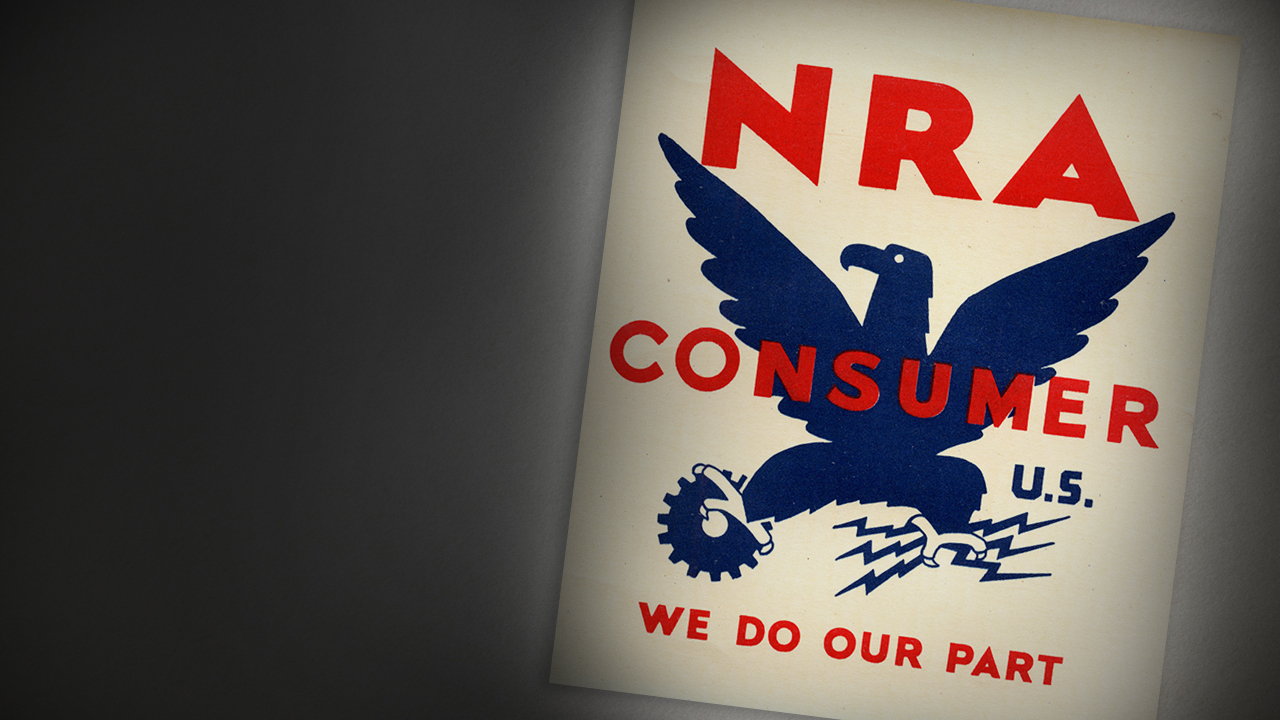
On December 7, 1941 Japanese troops attacked the U.S. Naval Base at Pearl Harbor, and the following day America declared war.
Bernard Baruch again made himself available to a wartime president, but, unlike Woodrow Wilson during WWI, Roosevelt called upon Baruch only as he felt he needed him.
In June, 1942, Roosevelt asked Bernard Baruch to chair a committee to study the nation’s shortage of a vital civilian and military resource - rubber.
Baruch recommended that the nation ration gasoline so that Americans would drive less, saving rubber for the war effort.
It was an unpopular approach, but when the Baruch Report was issued, public acceptance of gas rationing rose sharply, from 49% to 73%.
In his eighth decade, Bernard Baruch still had authority with the American people.
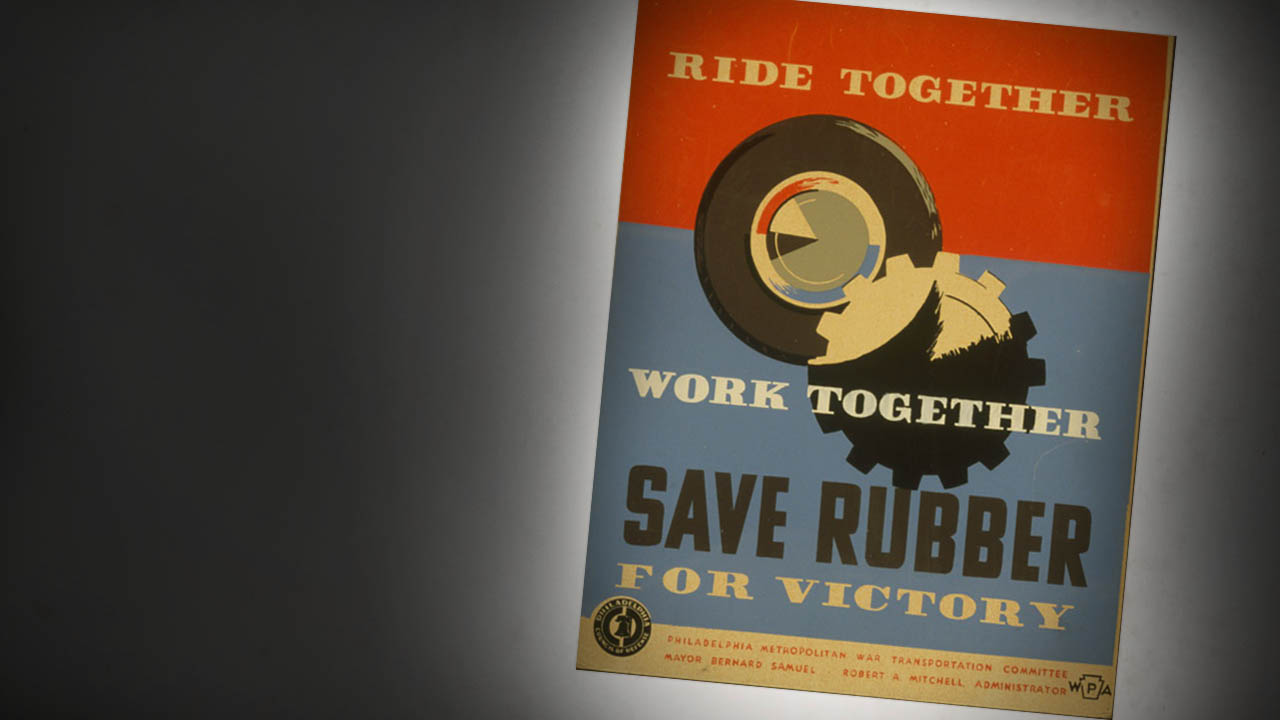
In the spring of 1944, during World War II, President Franklin D. Roosevelt took a month-long working vacation at Hobcaw Barony.
FDR had not been well and his doctors recommended rest, so when Baruch offered Hobcaw, the isolated property with its grand house and genteel owners seemed like the perfect retreat for the president.
A ramp was built to accommodate the President's wheelchair, a telephone was installed for the first time and marines patrolled the woods of the Waccamaw Neck.
Roosevelt, who had been instructed to get 12 hours of rest a day, slept in this room, on this bed.
Roosevelt had planned to stay at Hobcaw for two weeks, but ended up staying a month, often stopping in at Bellefield for cocktails with Belle.
FDR's stay at Hobcaw in the spring of 1944 helped him recover his health, and he lived for another year – a pivotal period in the history of World War II.
Franklin D. Roosevelt died on April 12, 1945.
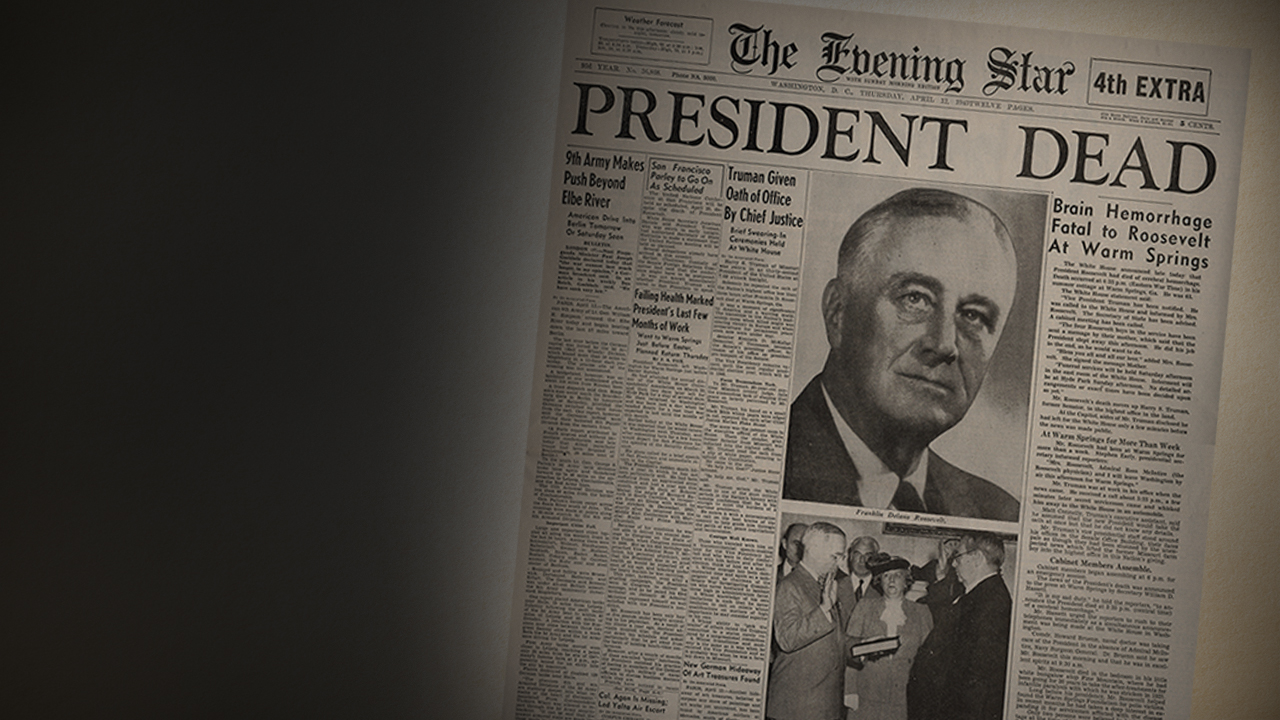
To return to the trail click NEXT STOP
To return to the Hobcaw House Son's Room click
